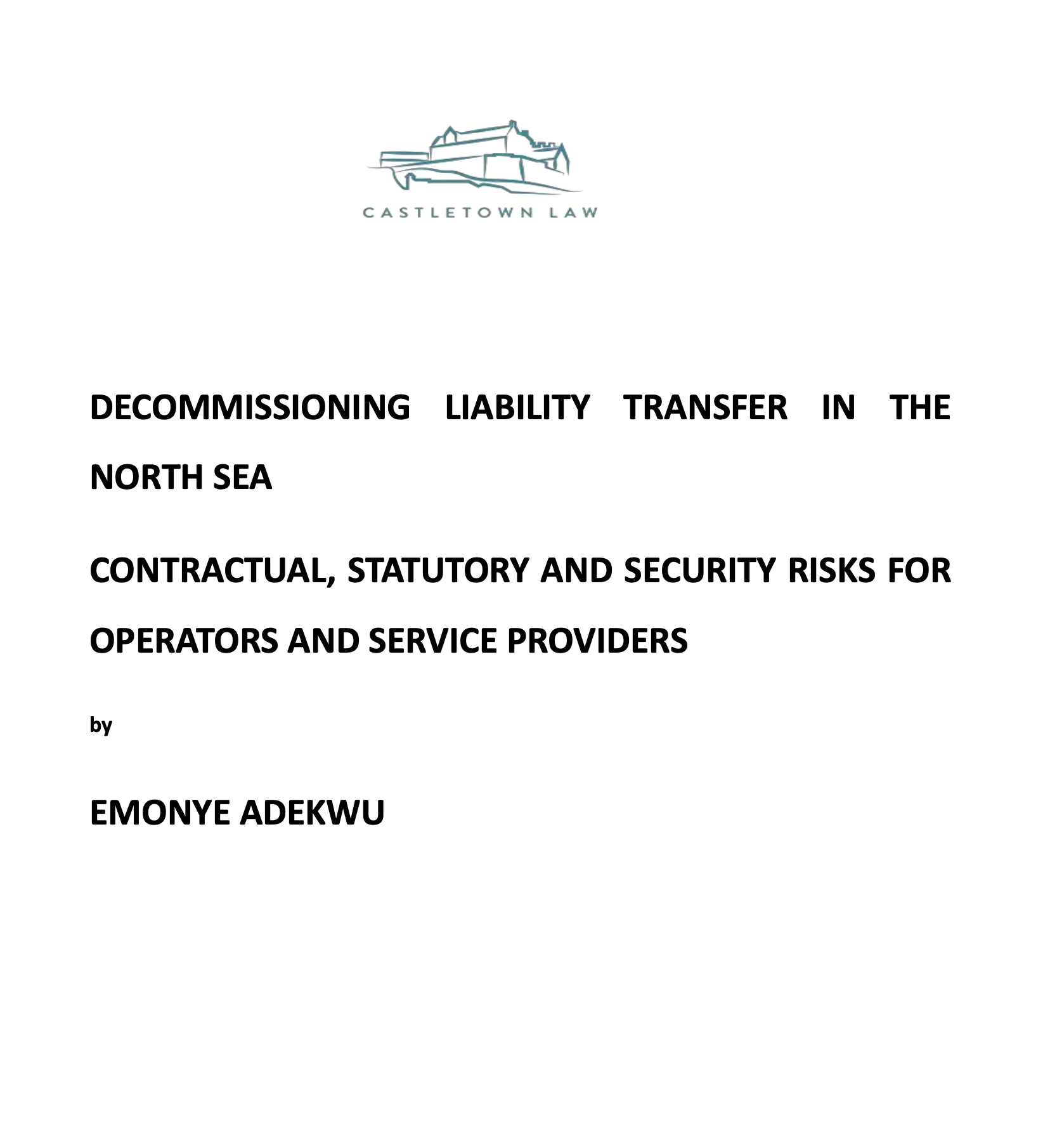Nuclear Energy in Poland (Sept 2023)
As the UK announces yet another consultation on nuclear energy, an almost annual tradition now in the UK dating back to 2008, the rest of the world seems to get by just fine by enabling those charged with decision making to get on and make decisions for the benefit of the country.
Since the policy change in the UK in 2004 – when the origins of the current UK energy crisis can be traced back to - a whole industry has developed around consulting and regulatory compliance which could easily have funded at least one new nuclear power station in the UK.
The UK once a world leader in the vanguard of civil nuclear technology is now at risk of being seen as the centre for circumlocution around nuclear power. As one nuclear specialist put it recently -“if the UK could capture all the energy wasted on consultation, red tape and debate, it would solve the energy crisis”.
On 18 September NUCNET reported:
“Poland’s nuclear regulatory framework is in line with International Atomic Energy Agency safety standards and its regulatory body is competent and “prepared for the launch” of the country’s ambitious nuclear power programme, the International Atomic Energy Agency said.”
On 27 September Poland announced approval for the construction of its first large nuclear energy project. Expect more to follow soon.
Why is Poland of interest?
As one of the leading industrial nations in Europe it has a rich history of industrial manufacture and energy production. It has clear policies on carbon reduction and replacing fossil fuel generation with nuclear. Its industrial leaders and leading companies have embraced the idea of nuclear as the bedrock of future industrial and economic growth and it has moved quickly to enable development of nuclear energy with many leading industrials announcing joint ventures with nuclear plant developers.
Poland is also part of the V4 group (Poland, Czech Republic, Hungary and Slovakia) and adjacent countries are showing interest in joining the group for energy security purposes. Other countries in the group are following the modernisation of the legal framework in Poland with interest and will likely follow the same path to enable both large and small nuclear plants to be deployed. If the group enlarges to include adjacent jurisdictions like Austria and Romania, Slovenia and Croatia it creates an important energy sharing coalition and with Poland seen as the lead partner it makes Poland an obvious location for nuclear developers to focus their attention. There regulatory processes will be very aligned, the technical requirements for grid and distribution will be aligned and pricing will be consistent across a number of jurisdictions under the EFET regime, and a significant potential export market is available.
It isn’t an accident that the 16 EU member states meeting in May 2023 made a decision to promote nuclear as a source of low carbon energy. France, Belgium, Bulgaria, Croatia, Estonia, Finland, Hungary, Netherlands, Poland, Czech Republic, Romania, Slovenia, Slovakia, Sweden and Italy have formed a nuclear alliance. Other states are joining this alliance and a common approach across regulation and energy security in Europe is rapidly evolving.
Meanwhile the US has announced that grants will be made available to support US technologies providing nuclear plant as a replacement for coal in power plants in Europe and elsewhere.
Nuscale are pushing ahead with their early construction permit in the USA and their footprint in Europe may enable significant deployment of the VOGLE technology across numerous jurisdictions probably leading with Romania and Poland.
GE Hitachi, Westinghouse, KEPCO, ENEC, KHNP, Nuscale, XEnergy, Bechtel and others are all highly focussed on Poland as the potential hub for a new industrial approach using nuclear energy as the core technology supporting industrial and economic growth.
So how has a non-nuclear country managed to become the most attractive place in Europe to invest in nuclear and how has it overtaken the UK as the potential centre for excellence in nuclear energy regulation?
The answer is not simple but in essence - application of knowledge through understanding is the key to decision making in Poland. The UK is obsessed with gathering knowledge through consultations and stakeholder liaison. The need for consultations to the extent undertaken over the past 12 years suggests the outcomes have been less understood than might be expected.
Many in the nuclear industry and in the wider industry including investors believe the time for decisions in the UK is now because there is a real risk of losing a world leading position.
As James Faust suggests:
“Some of our important choices have a timeline. If we delay a decision, the opportunity is gone forever. Sometimes our doubts keep us from making a choice that involves change. Thus an opportunity may be missed.”
The UK is at risk of missing out on being at the forefront of the next industrial revolution which the consensus view suggests will be powered by nuclear energy.











